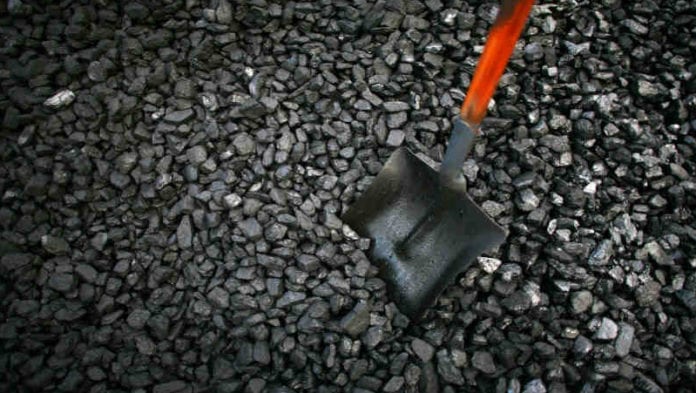
SHARES in Glencore are tipped for a re-rating following publication of reports by US, UK and Brazilian anti-fraud organisations into corruption perpetrated by the group’s marketing division between 2007 and 2018.
A total sanction of $1.06bn was imposed by the authorities which included the US Department of Justice (DoJ). Swiss and Dutch investigations are still to be concluded but Glencore said penalties were unlikely to exceed $1.5bn it provisioned in December.
One additional restriction placed by the DoJ – which found that Glencore officials had committed bribery and market manipulation in oil trades – is that its representative will monitor the activities of the group’s marketing division for three years.
“Despite these increased controls and monitoring, we estimate the marketing business should generate record profits this year,” Ian Rossouw, an analyst for Barclays was quoted in a Financial Mail article as having said.
Glencore has guided to ebit of $2.2bn to $3.2bn through the commodity cycle even though it’s been closer to $3.3bn to $3.7bn over the last two years. Current market dislocations, related to the conflict in the Ukraine, would mean the marketing division’s ebit is tracking closer to $4bn, according to Jefferies, a UK bank.
Ironically, it’s thermal coal that’s driving investor optimism.
According to JP Morgan Cazenove, Glencore is on course for group ebitda (earnings before interest, tax, depreciation and amortisation) of $29bn for 2022 of which coal comprises around 36% ($10bn). At spot, however, ebitda is more like $40bn of which coal is half. A re-rating of Glencore to allow for the contribution of its coal division is equal to another £6 per share, the bank says.
“We expect coal prices to remain higher for longer due to the Russia/Ukraine conflict and for this to underpin exceptional cash returns by Glencore over the next one to two years,” according to UBS analysts, Myles Allsop and Daniel Major.
However, they also think investor scepticism regarding the bribery and market manipulation scandal – which has saw Glencore’s shares gain only 66% compared to 164% for Anglo American over the period of the investigations – may be fully supplanted by promises to reduce coal production over time.
All in all, Glencore is tipped by Barclays to reduce net debt to $460m from $6bn as of December 31 and incremental returns including share buy-backs or top up dividends of $7.8bn at the interim (end-June). At current spot commodity prices, Glencore will be net cash positive at the half year with incremental returns of about $8.4bn to be announced.
At least six banks think Glencore is heading for a rerating with four – Morgan Stanley, Jefferies, Barclays and JP Morgan Cazenove – saying the stock is its top pick.
“The regulatory investigations have been an overhang on Glencore shares for the last four years,” wrote Jefferies analyst Christopher LaFemina on the day the penalties were announced.
“Today’s settlement should therefore be a market-clearing event that leads to a rerating of Glencore’s very low equity valuation. A re-rating is coming in our view,” he added.











